A Timeline of African Greatness
Africa's story is not one of darkness or deficit — it is one of empire, scholarship, architecture, trade, and resistance. The events below highlight a legacy of glory and the global consequences of its interruption.
Historical Timeline of African Legacy
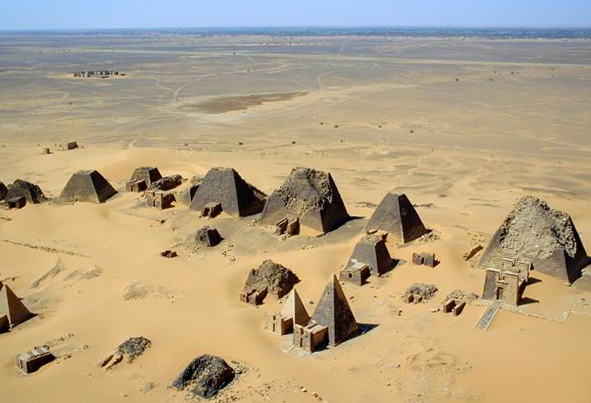
Located in what is now Sudan, Kush rivaled Ancient Egypt and ruled over it during the 25th Dynasty.
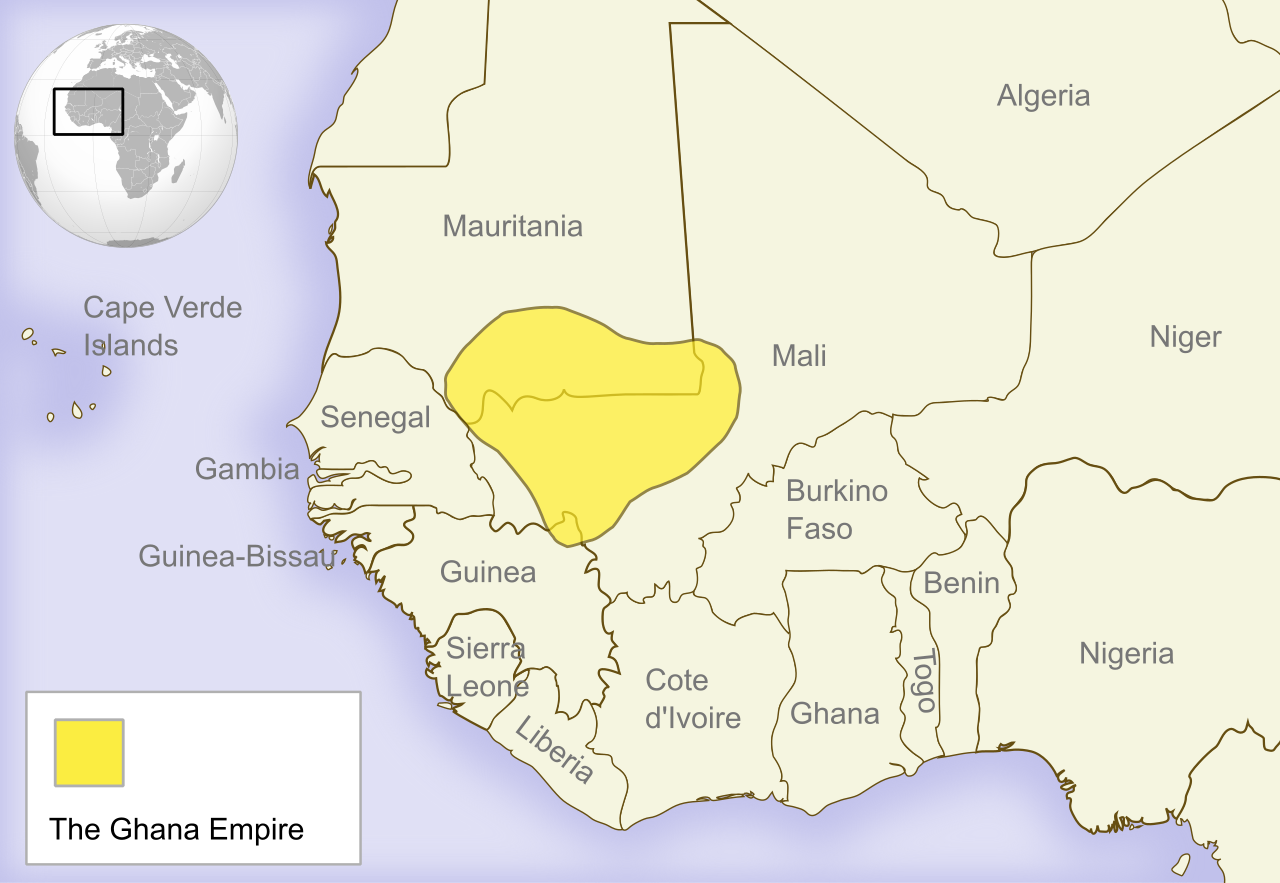
One of the earliest great empires in West Africa, known for gold trade.
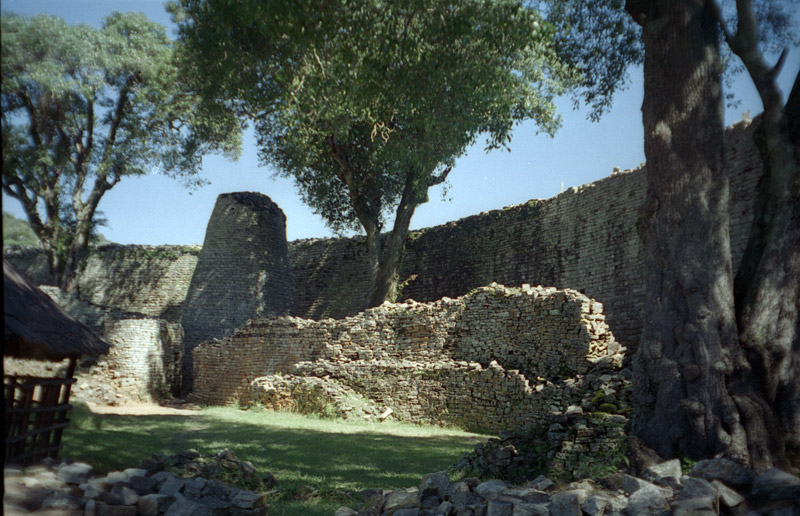
Stone city housing thousands, with vast trade networks reaching the Indian Ocean.

Empire of Mali thrives under Mansa Musa, famed for its wealth and learning centers.
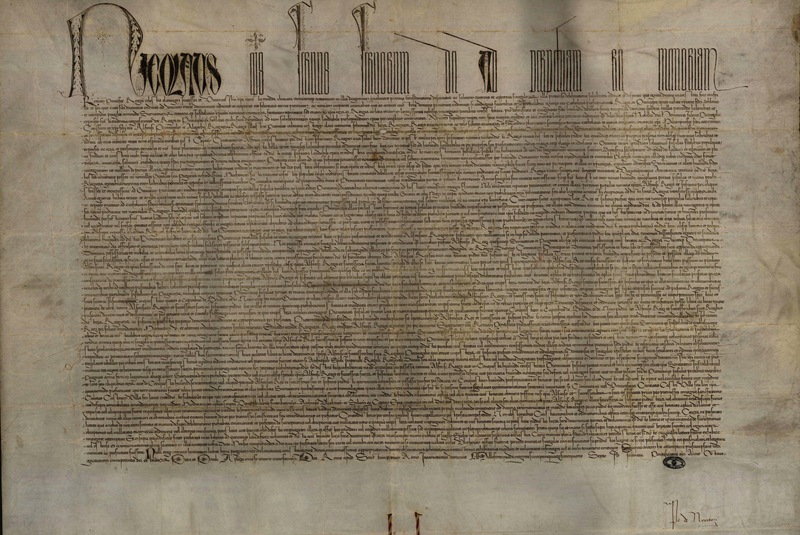
Pope Nicholas V authorizes Portugal to enslave non-Christians, fueling the slave trade.
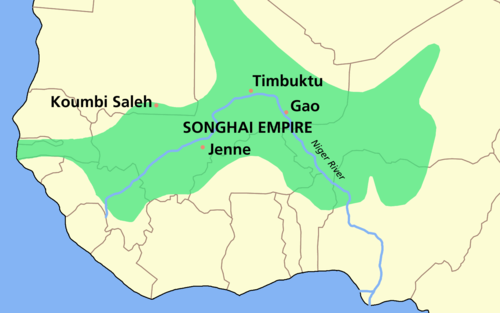
Renowned for advanced administration and Islamic universities in Timbuktu.

Benin Kingdom develops world-renowned bronze artistry and organized governance.
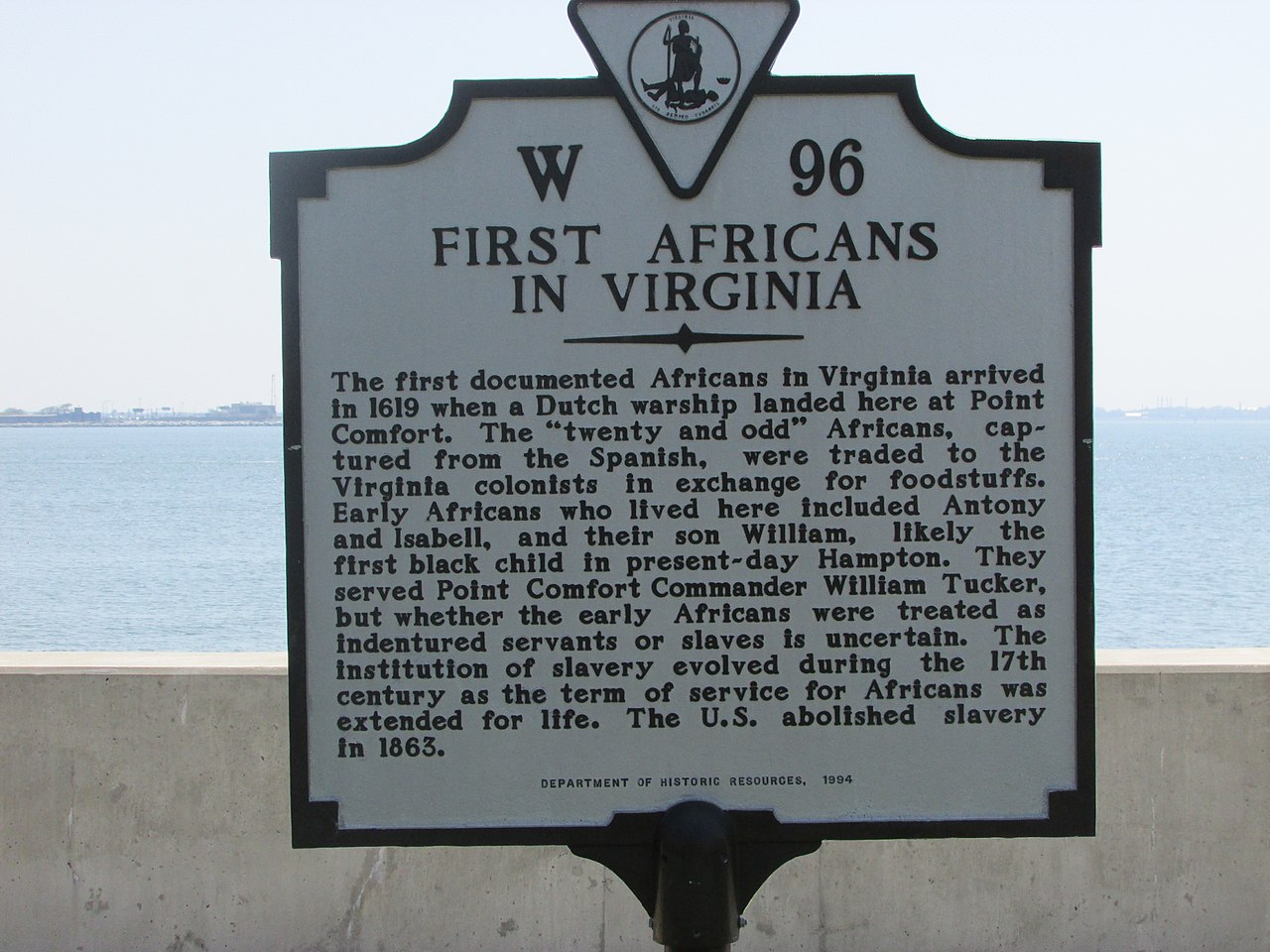
First enslaved Africans arrive in English North America, marking a brutal new chapter.
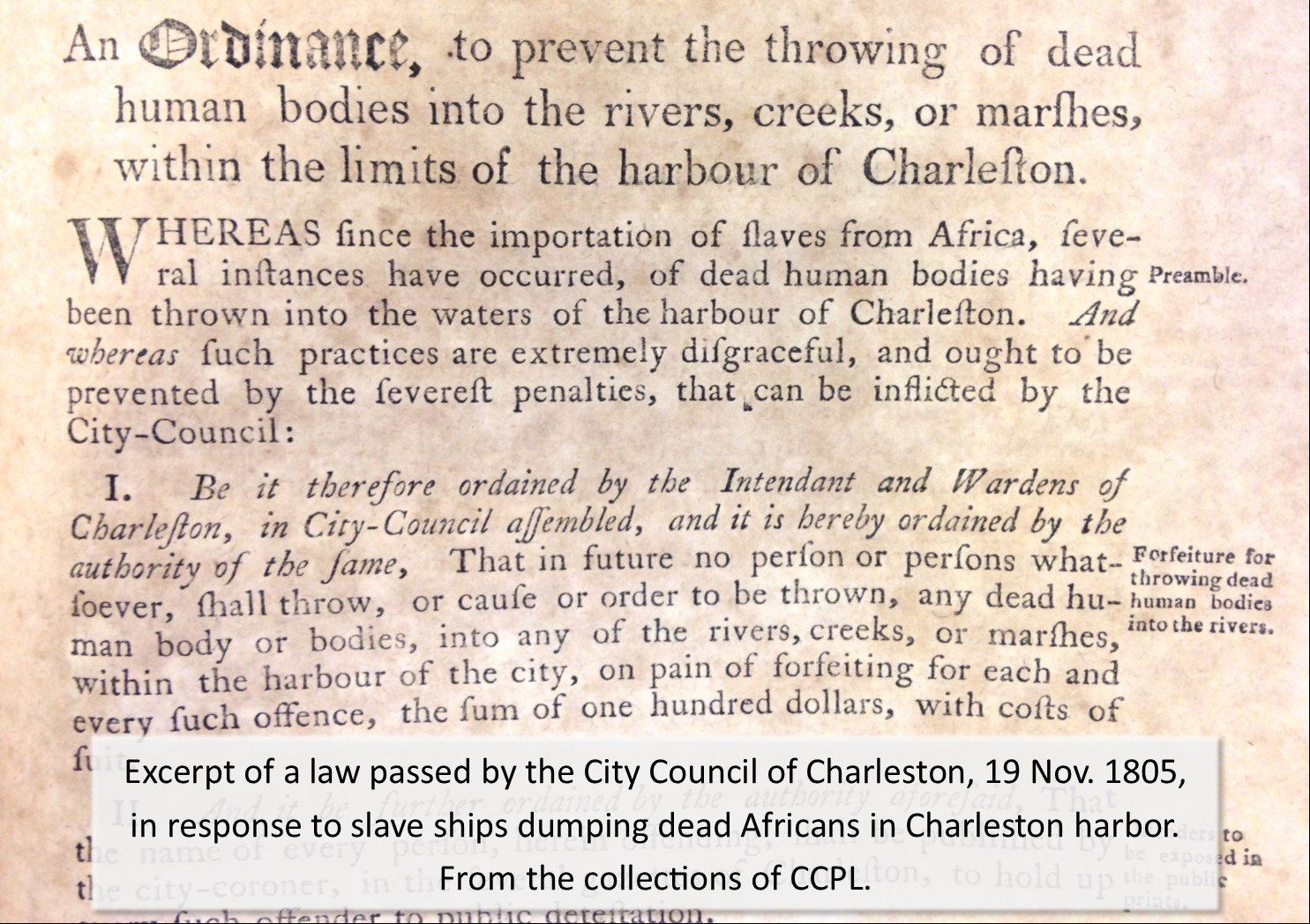
The United States officially bans the transatlantic slave trade.
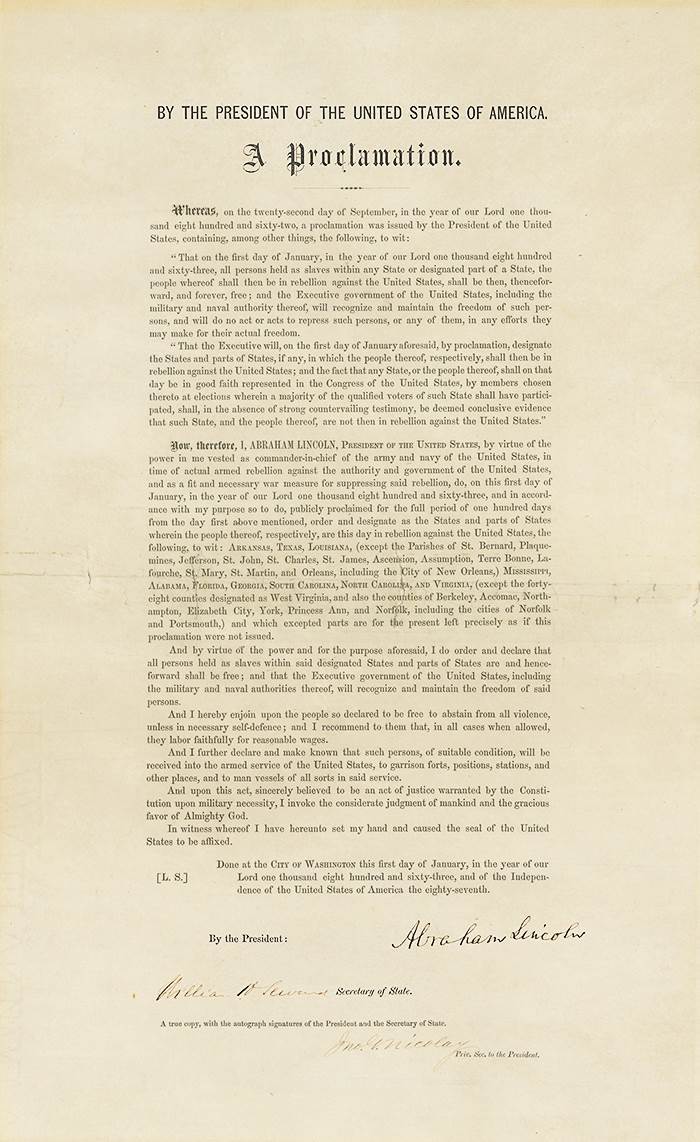
Slavery ends in the U.S. with the ratification of the 13th Amendment.